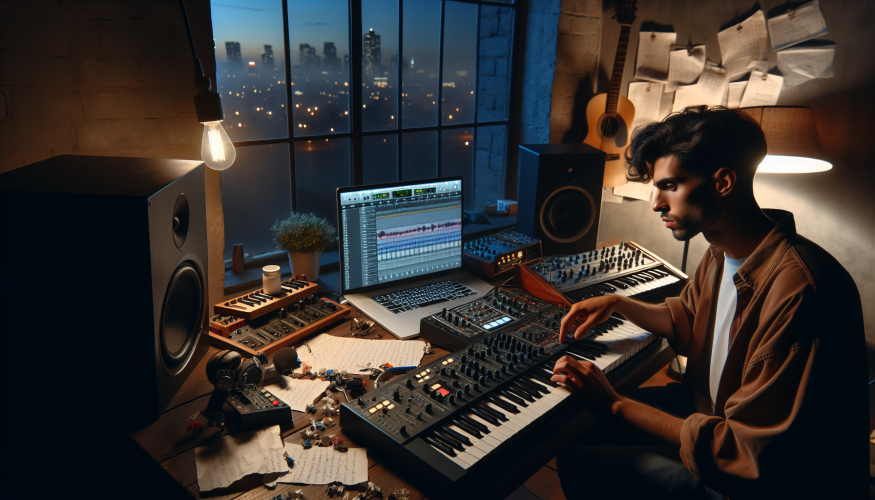Uncategorized
Creating the Perfect Demo: Essential Tips for Musicians
A demo that captivates is pivotal for any musician or singer hoping to launch their career. Whether you seek to impress record labels, score collaborations, or feature your song on playlists, mastering **how to make a good music demo** is vital. This guide offers practical music demo tips for each step—songwriting, arranging custom backing tracks, achieving professional production, and submitting demos to industry leaders. We’ll also explore how ghost production and high-standard backing tracks can elevate your demos, helping you stand out in today’s competitive music scene.
The importance of a strong demo for emerging artists
A compelling music demo isn’t just an introduction—it’s often your first impression in the music industry. When submitting a demo to record labels, playlist curators, or collaborators, your track must showcase your artistry and professionalism. Labels and A&R teams receive countless submissions weekly; only polished, well-produced demos stand out and warrant a second listen.
Pro tip:
Before recording, research what defines an industry-standard demo in your genre. Listen to tracks that labels or playlist curators have previously supported to set benchmarks for song structure, production quality, and overall vibe.
Crafting a memorable demo: Songwriting and arrangement
Your song tells a story, and excellent songwriting is the essence of any unforgettable demo. Stay focused on one main idea, hook, or emotion, ensuring every lyric and instrument serves that vision. A strong demo arrangement highlights your strengths, whether vocals, instrumental skills, or songwriting. Keep intros concise; dive straight into what makes your track exceptional.
Pro tip:
Start with a simple instrument and voice sketch. If it resonates in a stripped-back form, you’ve built a strong foundation. This method quickly conveys your song’s emotion and intent, vital for demo submissions.
Selecting the ideal backing tracks for demos
Your demo’s backing music sets the overall tone. Choose custom or ready-made backing tracks that align with your genre and style. Professional backing tracks not only enhance the demo but also demonstrate your dedication to quality. Ghost production can provide industry-grade tracks tailored specifically to your song, giving you a competitive advantage.
Pro tip:
Explore reputable sources like Ghost Producers’ track shop for ready-to-use or custom backing tracks that match your vision. Investing in expertly produced instrumentals can be the difference between a demo that gets overlooked and one that secures a meeting.
Home recording: Clarity in vocals and instrumentation
Creating a professional demo as an independent artist doesn’t require a full studio. However, vocals and key instruments must sound clear, in tune, and engaging. Use a quality microphone and minimize background noise. Use harmonies and effects sparingly; subtlety allows your artistic voice to shine in demo mixing.
Pro tip:
Record multiple takes of vocals or solos, selecting the best segments for comping. Focus on vocal production to ensure phrasing, pitch, and timing are precise, as out-of-tune or sloppy performances quickly diminish your demo’s appeal.
Demo mixing tips: Craft a polished, professional sound
While A&Rs and playlist curators don’t expect a final-album polish, your demo should sound balanced and professional. Ensure clear separation between instruments, a coherent stereo image, and place the vocal prominently. Compare your mix against popular genre tracks to check levels and EQ balance.
Pro tip:
Utilize free or affordable plugins for demo mixing, and perform a “car test” or listen on consumer headphones to evaluate how your mix translates in real-world environments. A mix with muddled vocals or overpowering bass can ruin your chances, regardless of the song’s strength.
Effective demo submission: Get noticed by industry pros
Once your demo is ready, conduct thorough research on potential submission targets. Investigate labels, playlist curators, and collaborators who align with your music’s style and values. By tailoring your approach and ensuring the quality of your submission, you increase the likelihood of catching the attention of industry professionals. Remember, first impressions in the music industry are crucial, so make every aspect count.

